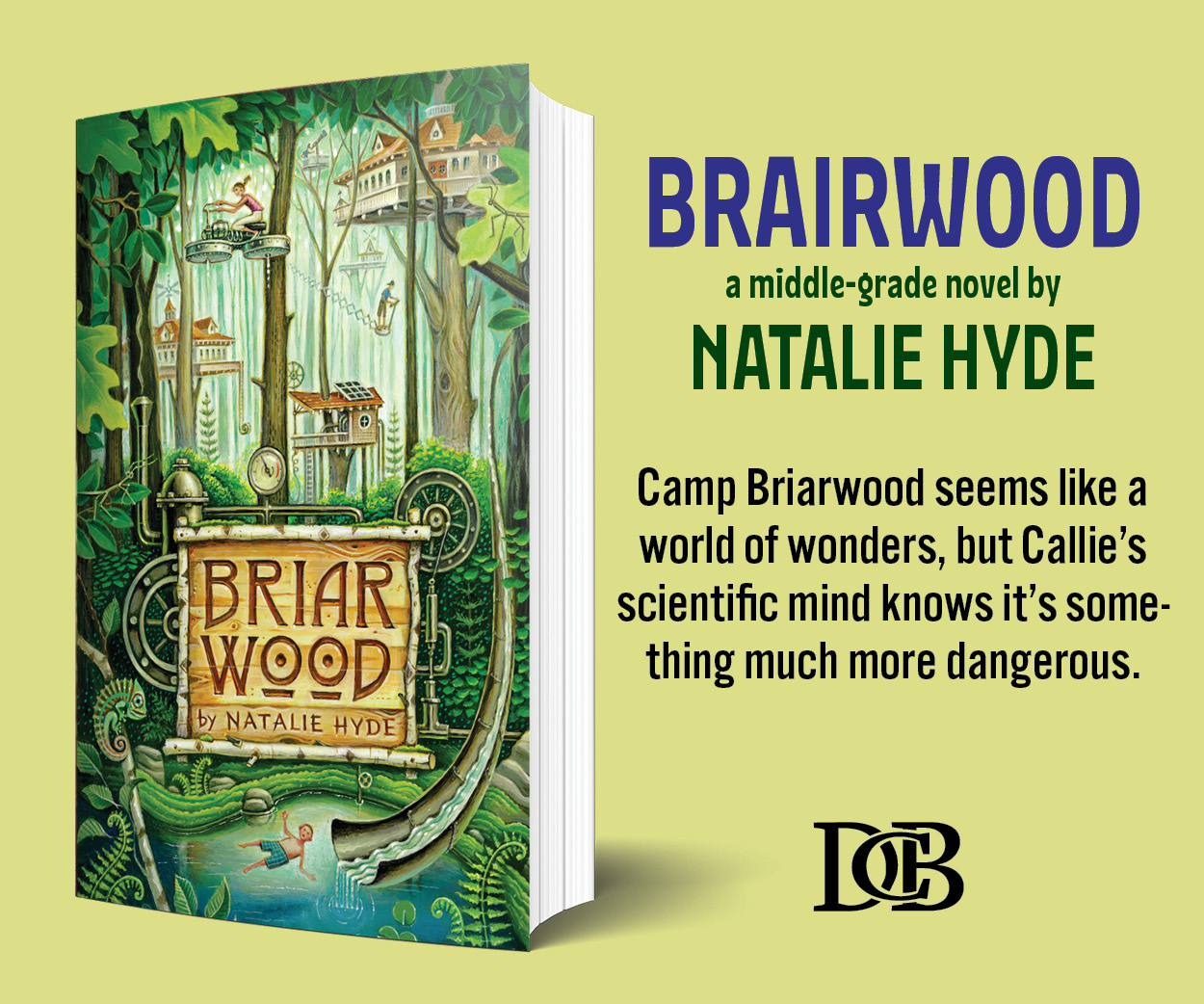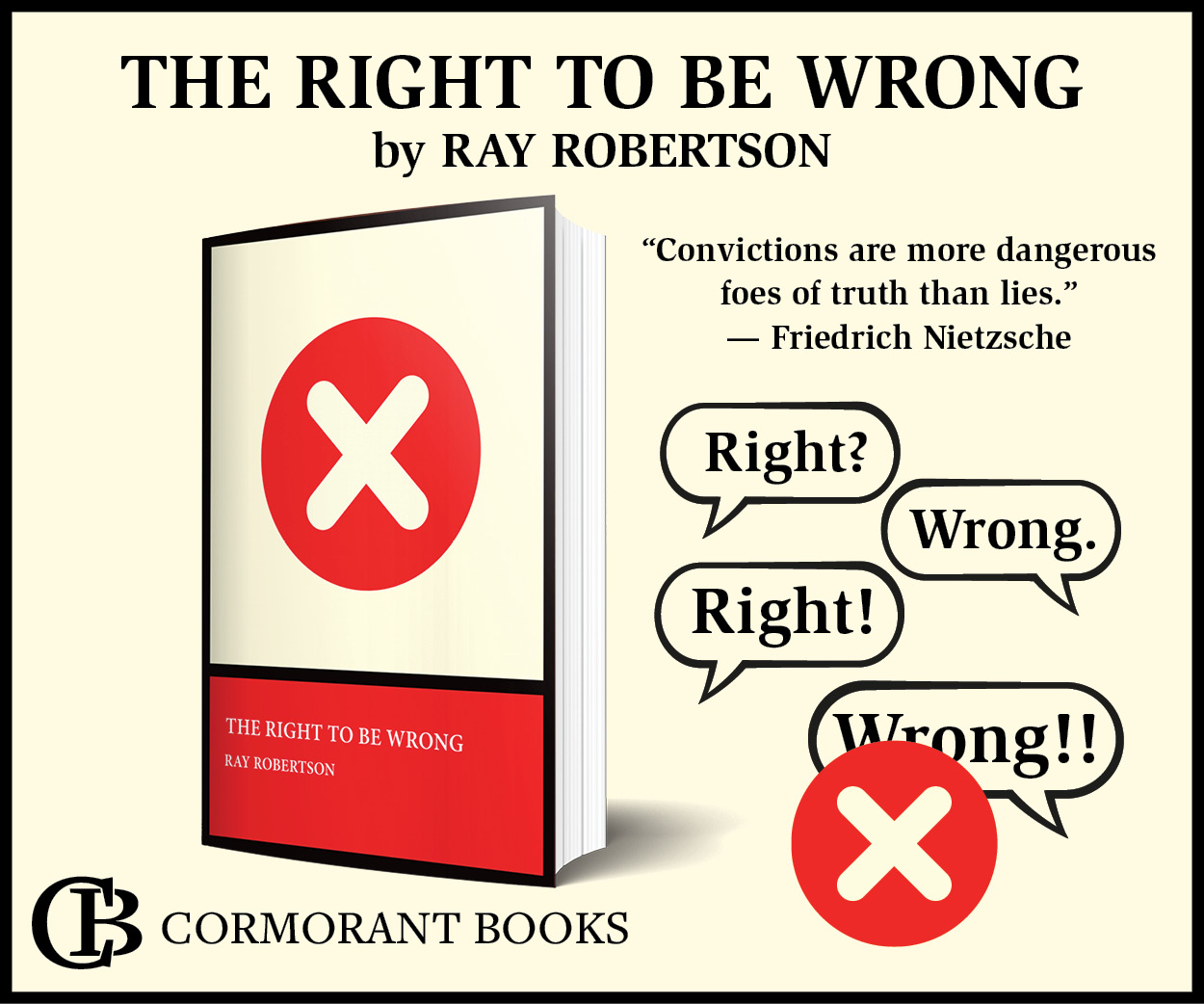Are You Spending More Time on Pinterest Than on Your Prose?
By Dalton Higgins
As a card-carrying member of this newer generation of entrepreneurs who believe in thoroughly cultivating all sides of our hybridized identities, I spend an equal amount of time working as a communications consultant as I do in the performing arts presentation and publishing worlds. So, the other day, this cool neo-folk indie musician Animalia tweeted something about how she perceives the modern-day musicians' work days are spent, and it struck a chord with me, both literally and figuratively, because I used to play the upright bass back in the stone ages aka grade nine. She tweeted: “today’s indie musician spends more time on the Internet than they do on their instrument.”
After retweeting her observation to my tweeples, I began to wonder whether between Facebook and Flickr, or from Tumblr to Twitter, whether I was wasting away my precious scriberly time on being social? And this question was asked back to me online. Are you spending more time engaging social media, than actually writing. My response? A resounding “yes”! And with regards to how my fellow scribes spend their work days, it got me to thinking. Like, yeah sure, it might be great that you have that cute little Carly Rae Jepsen avatar on your Pinterest pinboard, but is that really going to help you sell more books? Hells nah. Or just call me, maybe. Can you crowdsource funds to pay your monthly rent or mortgage? I think not. Though raising 2k for your next digital EP is plausible.
There are still only 24 hours in a day, last I checked, and eight of them are usually spent sleeping, another three for eating breakfast, lunch, and dinner. When you couple that with bathroom time, kid time (if you’re a parent) and add another few hours for putzing out or listening to the new Kanye West or The National releases, your time is extremely limited in doing what you love doing — and that’s write. I’m still not exactly sure how I was able to write four of my five books while working a 9-5 job, so let’s just say that when it comes to concepts around “free time,” there are times when I couldn’t relate, and I felt like a real-life zombie, permanently checked out, like those ghostly ghastly dancers in MJ’s “Thriller.”
To any of the writers reading this, how exactly do you reserve time for yourself to actually write given the whack of worldly distractions around you? Forget my manuscript pages, it’s June and my eavestrough is plugged, school is out, so it’s time to “program” the kids to avoid complete and utter summer boredom for them. Then there’s the vortex (or Matrix) known as the World Wide Web, which can at times seem like our greatest friend for research purposes, while simultaneously being the greatest distraction known to writer kind.
I’ll admit, it’s getting increasingly harder for me to finish my manuscript chapters because Kim Kardashian just gave birth to Yeezy’s first child, and my Edward Snowden NSA whistleblower conspiracy theories need further cultivation. And this is all happening while I’m thinking about late royalty statements/payments, responding to my readership, blogging and attending literary events. Let’s be realistic here. Writing a book is a business. If you are a great writer, with no business acumen, I wish you luck generating reasonable revenues. If you are a professional writer, your writing ability will hopefully take care of itself. The more difficult part is to convince people to actually go purchase your book. So, again, where exactly do you find the time to write, if you’re a writer?
Your CanLit News
Subscribe to Open Book’s newsletter to get local book events, literary content, writing tips, and more in your inbox
I imagine that independently wealthy writers, or people who have channeled their inner Atwood, probably have the resources to be able to sequester themselves off to some mythical sounding cabin retreat in Nowheresville, Saskatchewan, and just write. Either that or apply to the Banff Centre in Alberta for a literary residency, where you can disappear in isolation for a few months and write in the wilderness that is Banff (a musician friend of mine who completed a residency there said that sometimes animals would come by his lodgings while he was creating his music).
For many of us who can’t exactly escape the concrete jungle with such ease, and who would probably rather spend more of their work time studying book buyers consumption habits — I’m especially geeked about Librify, which is being described as a Netflix for books, where you can pay a tiny fixed amount a month and be able to access full catalogues of titles on your smart phone, laptop or tablet — maybe it’s time to fully integrate our offline writing lives with our virtual selves. Honestly, I am looking for ways to convey my Big Ideas in words over various social media platforms, so that I can blend my interests better. Do I have some hot new Twitter fiction titles on the horizon? Perhaps. Is coming up with a story in 140 characters, versus 40,000 words, more or less difficult than it seems? Check back in with me in the fall for some results on my social media literature experiments.
The views expressed by Open Book columnists are those held by the authors and do not necessarily reflect the views of Open Book.
Dalton Higgins is an author, publicist and live music presenter whose six books and 500+ concert presentations have taken him to Denmark, France, Curacao, Australia, Germany, Colombia, England, Spain, Cuba and throughout the United States. His biography of rapper Drake, Far From Over, is carried in Cleveland’s Rock n’ Roll Hall of Fame & Museum collection, and his Hip Hop World title is carried in Harvard University’s hip hop archive. His latest book is Rap N’ Roll. For updates on Dalton Higgins’ writing, follow him on twitter: @daltonhiggins5


